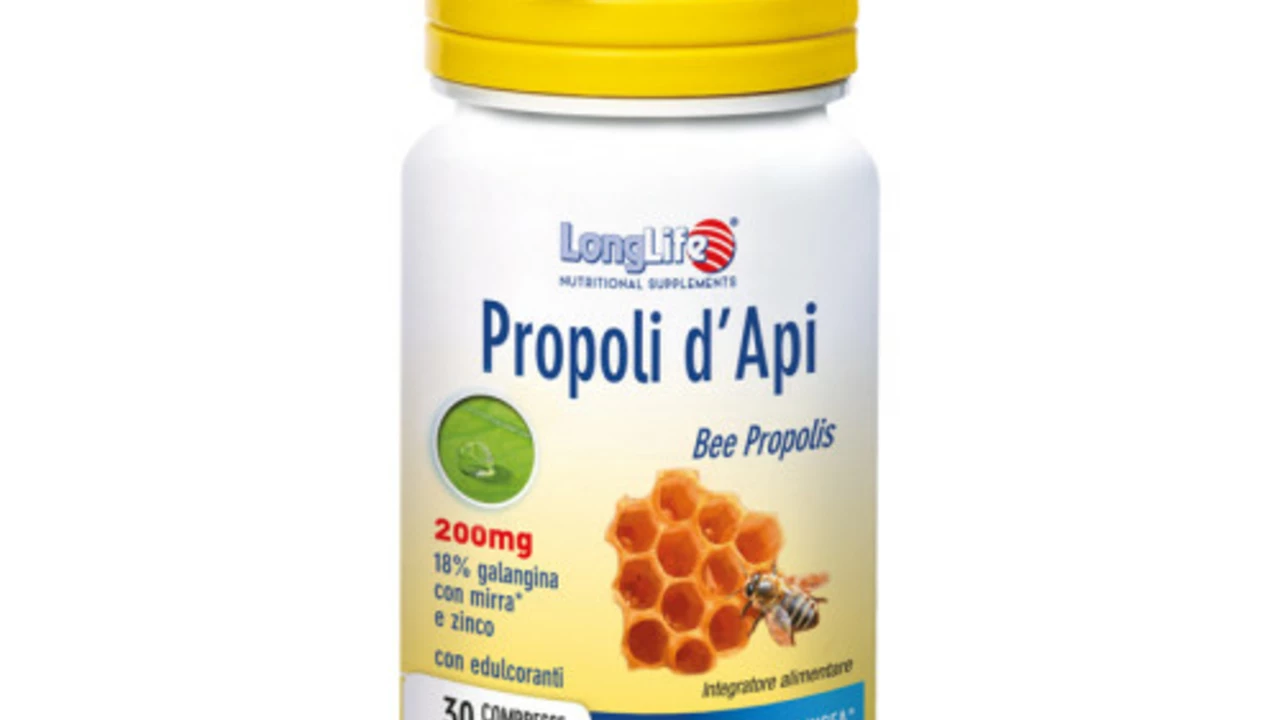Immune System: How It Works and How to Support It
Your immune system is your body's defense team — cells, organs, and proteins that spot and fight germs. When it works well you barely notice it; when it falters you catch colds, infections, or worse. Understanding the basics helps you make smart choices every day.
The immune system has two main parts: innate immunity (fast, general) and adaptive immunity (slower, specific). Innate cells block invaders right away. Adaptive cells learn to recognize specific threats and remember them. Vaccines train the adaptive side without causing illness.
What actually helps your immune system work better? Start with sleep. Adults who sleep 7–9 hours make immune cells more active and recover faster after infection. Next is food: a diet with vegetables, lean protein, whole grains, and modest healthy fats gives the building blocks your body needs. Vitamin D, zinc, and protein matter — but supplements should be used carefully.
Practical daily habits
Wash hands, avoid crowded sick spaces when possible, and manage stress. Chronic stress raises cortisol, which can blunt immune responses. Regular moderate exercise — 30 minutes most days — improves circulation and immune surveillance. Overtraining, though, can temporarily lower resistance, so balance matters.
Supplements and herbs pop up a lot. Some can help but others interact with meds. For example, St. John's wort affects many prescriptions and could interfere with immune-related drugs. Before starting herbal or high-dose supplements, check articles on this site about herbal interactions and talk to your doctor.
Your gut matters. Gut bacteria help train your immune system and influence inflammation. Broad antibiotics can disturb that balance — which is why doctors only prescribe them when needed. Probiotics may help after some antibiotic courses, but pick strains with evidence and use them for a short period. Kids build immunity through normal exposures, but routine vaccines protect against dangerous infections. Older adults often have weaker responses; they may need vaccine boosters or higher-dose flu shots. Talk with your clinician about age-specific steps.
When to see a doctor
If you get frequent infections, slow-healing wounds, or unexplained fevers, get medical advice. Tests can check white blood cell counts, antibody levels, and more. Some conditions need targeted treatments, like antiparasitics or antibiotics — use those only with proper diagnosis. Our guides on Vermox and metronidazole alternatives explain how treatments differ by infection type.
People with chronic diseases, planned surgeries, or immune-suppressing medications should plan vaccinations and infection prevention with their provider. Cancer treatments and some blood-pressure meds can affect immune function—ask your clinician about timing vaccinations and managing risks.
Want practical next steps? Improve sleep and diet first, start a steady moderate exercise habit, reduce stress with short daily routines, and keep up with routine vaccines. If you take medications or supplements, read about possible interactions and consult your clinician. Browse related articles here on NowRx.com — on herbal supplements, antiparasitics, infection treatments, and immune-related conditions — to get the specifics you need. Small changes add up to meaningful immune gains today.



